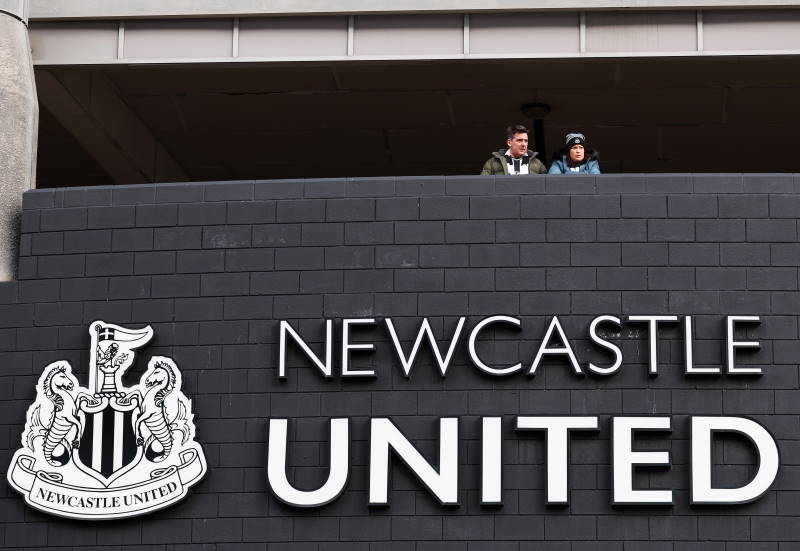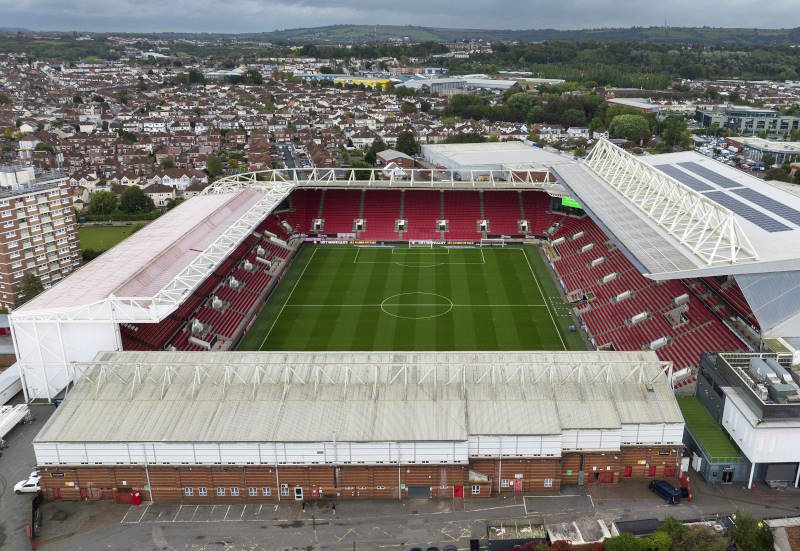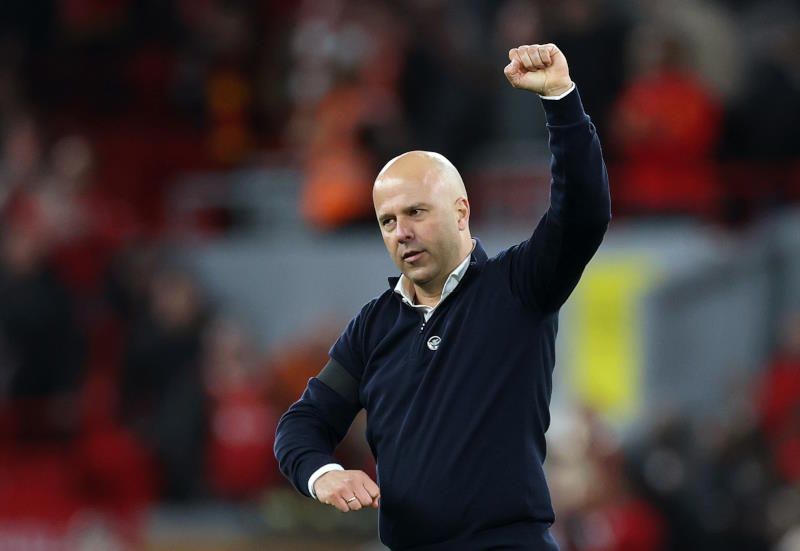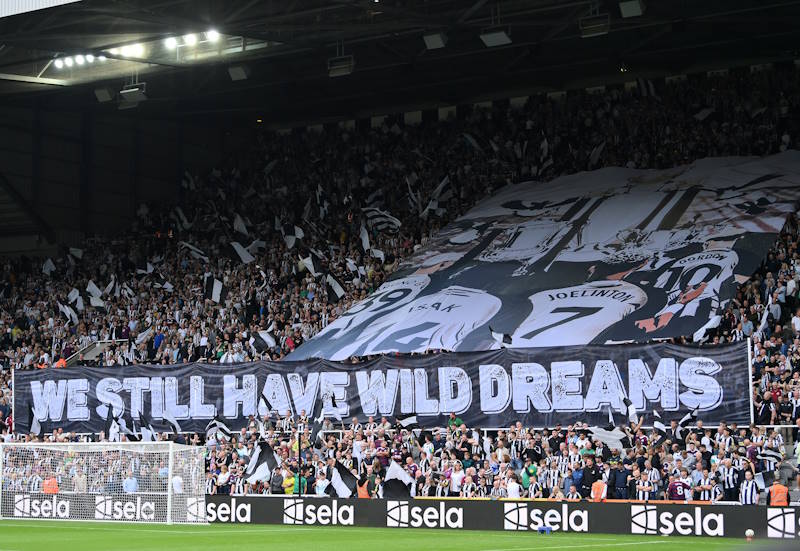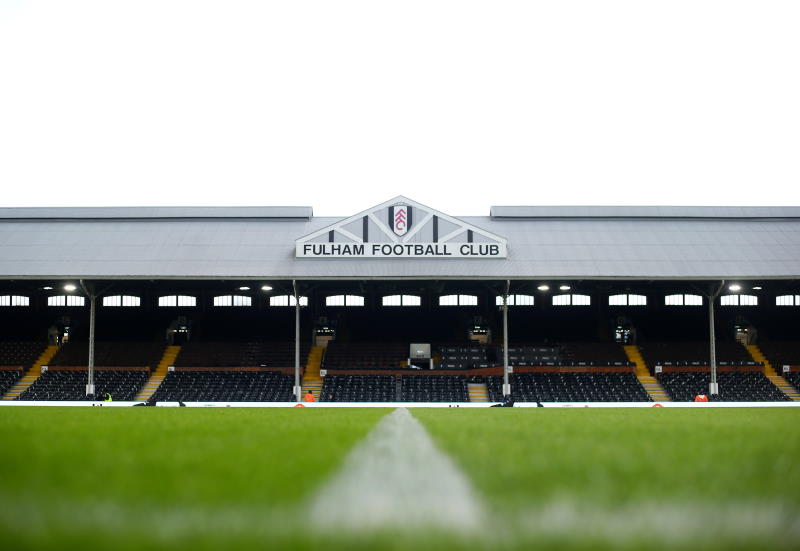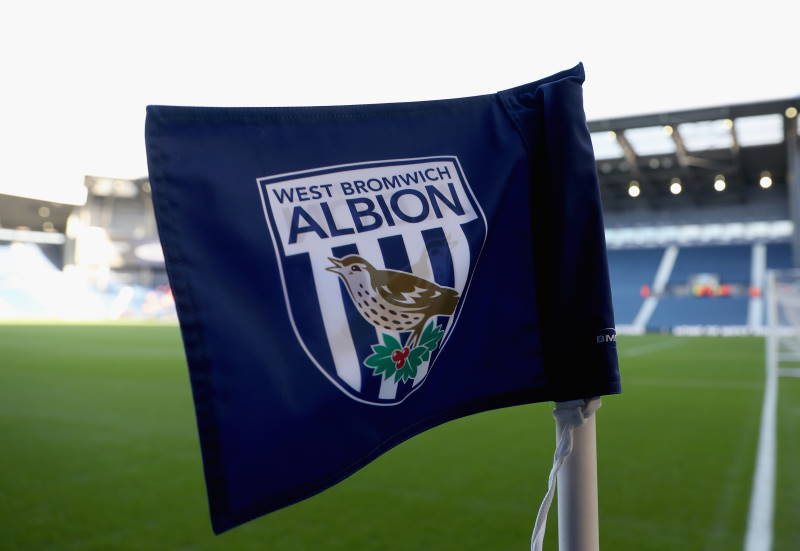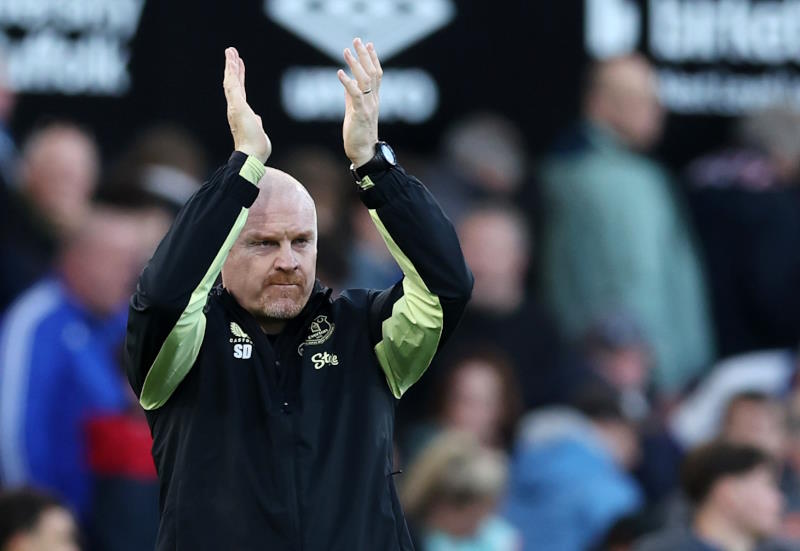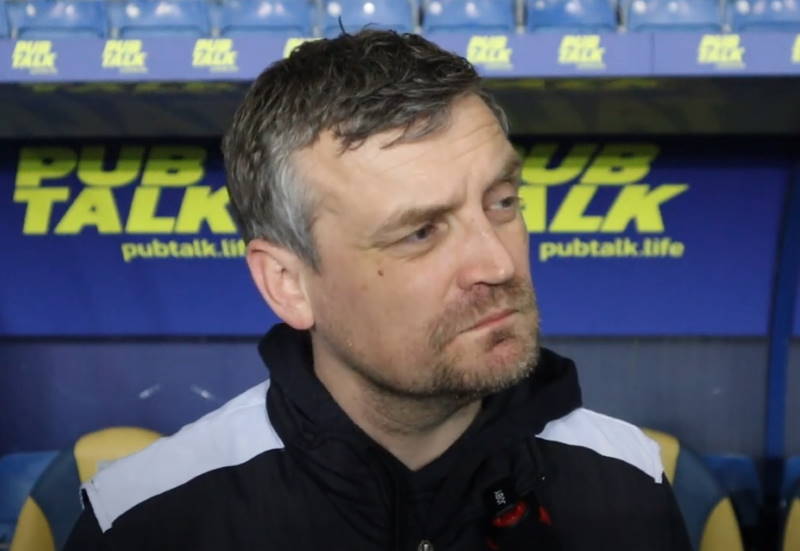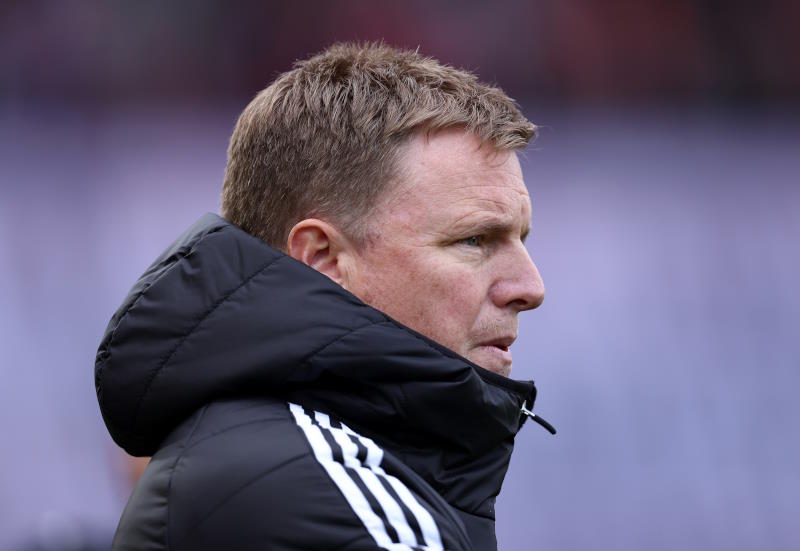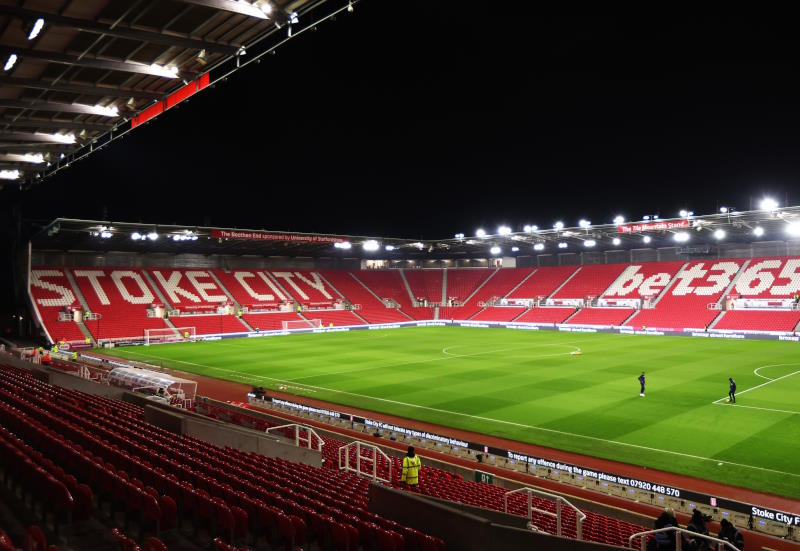Artem Chobanian
There are hundreds of coaches who are worth writing about and many of them would need hundreds of pages to cover their whole career. Oleg Romantsev needs no introduction for football supporters in Russia, but this figure is not as simple as many fans imagine. His latest appointment as Spartak Moscow coach wasn’t sensational because, as one of the top Russian journalists put it, “there is sometimes a need to return to the old and tried methods, and people who can make dramatic changes and will renew the team’s spirit and professionalism…”
However, back in 2003 when Romantsev was sacked from the position of Spartak coach, all the Russian football community was raging to curse Romantsev and it seemed then that his coaching career was doomed because no club would want to hire the manager who was so unpopular in Russia.
Romantsev started coaching quite early, at the age of 30, and was fairly successful with his first clubs from the lower divisions. Soon he was invited to the most popular and best (at that time) Moscow club – Spartak. His first year at the “people’s team” brought him fame as the club won the 1989 USSR Championship and in 1991 finished second.
After the collapse of the Soviet Union, Spartak Moscow remained the major power in Russian football and Romantsev won nine Russian Championships (1992, 93, 94, 96, 97, 98, 99, 2000, 2001) along with three Russian Cups. The club also managed to progress to the semi-finals of the Champions League in 1991/92 season, then in the Cup Winners’ Cup in 1992/93 and the UEFA Cup in 1997/98. These were rather impressive achievements compared to other post-Soviet clubs’ performances on the European stage.
There have been two outstanding coaches in Russia – Oleg Romantsev and Valery Gazzayev. But before Gazzayev progressed with Alania Vladikavkaz and CSKA Moscow, Romantsev had had great influence on the development of Russian football. Romantsev as a coach was strict and abrasive, but somehow could incite his players to get what he wanted – the result. When watching training sessions and matches it could occur that the coach hated the team and there was only one thing he would do after the game – punishment. However, his coaching methods were not so simple.
Romantsev used to be a tyrant, but was the first to promote the famous short passing method, which later became Spartak’s symbol, the team’s original trademark. His achievements were significant due to his active participation in Spartak’s youth football school and it was Romantsev that chose and nurtured several players who would go on to be stars: Valery Karpin (now the coach and the financial director of Spartak), Alexander Mostovoi, Sergei Yuran, Igor Shalimov, captain Viktor Onopko and others who later played for other European clubs.
Spartak Moscow were the best club in Russia, but despite this did not manage to lift European silverware. This was because of a simple yet unnatural reason: Romantsev was constantly renewing the team, injecting more and more fresh players whose zest and zeal were crucial in the club’s success. In the mid-90s, when leading players were offered contracts from other European teams many pundits and journalists blamed Romantsev for letting them go. Arsenal coach Arsene Wenger is also an advocate of this strategy – Romantsev had the same attitude as the Frenchman and was sure his new young players would replace ones he let go. That strategy worked, Spartak dominated Russian football, at least until the beginning of the new millennium.
The new millennium brought change in Russian football. Spartak fell from the top of the tree. As with any decline there were certain causes that led to this fall from grace. The first and, as many other coaches think, the major one was Romantsev’s decision to become the head coach of the national Russian team. Euro 96 saw Russia introduce a new national team to the world, and the 2002 World Cup was meant to promote the power of the new Russia – Romantsev was supposed to lead it. He did, unsuccessfully, and it cost him first his reputation and then his position as Spartak coach.
Another reason for the Moscow club’s decline was the rise and rise of other Russian teams, teams that could rival Spartak. It was obvious Spartak needed to adopt a new attitude and even to show more aggressiveness on the pitch. Romantsev didn’t sense the crucial moment and devoted himself to the national team thus abandoning his club to be torn to pieces by CSKA Moscow, Dynamo Moscow, Zenit St.Petersburg, Lokomotiv Moscow and even minor clubs from remote Russian towns.
Quite unsuccessful and, what’s more important, the unconvincing performances of the Russian squad in 2002 plus Spartak’s failures caused both the press and the team’s bosses to address the question “What’s next, Mr Romantsev? Are you ready to surprise Russia with some new strategy and attitude?” The coach was so exhausted by the World Cup and the press clamor that there was nothing he could do to refresh Spartak. The club’s bosses urged Romantsev to create a team capable of fighting in the Champions League and UEFA Cup.
Unfortunately, Romantsev had neither the will nor the strength for that and when Spartak finished tenth in the Russian league, the greatest coach in the history of the club, and possibly Russian football, was sacked.
In truth Romantsev needed it. He was empty both as a person and a coach. He needed to “recharge his batteries” as he himself said at his press-conference in 2003. Back then, six years ago, Romantsev doubted if he could ever coach again. However, in just September 2003 he became the head coach of Saturn from Ramenskoe, helping the club to reach seventh in the league. Then the coach tried his luck at Dynamo Moscow, but found out he did not have the resources to lead the team at the Premier League level. So, he quit and walked away from football.
In April 2009, Romantsev was invited to Spartak Moscow by Valery Karpin, one of his former best players, to take the position of coach-consultant. That decision gave Karpin lots of grey hair, because he was bombarded with critical remarks and almost all pundits think Romantsev will not change the team for the better. The new consultant didn’t say much at his press-conference, mentioning only that “this comeback is of my own free will. I was asked if I wanted that and I thought I would be useful to the team helping with all that I can… I know everybody remembers my failures with Spartak, but I believe that along with my former players, Karpin, Rodionov, Ledyahov, Popov we’ll create a powerful Spartak…”
Karpin added that Romantsev’s experience will be invaluable and there’s one objective for them – to return the club’s status as “the people’s team”, no matter what. There’s a whole season ahead and if the team succeed in the 2009 season there’s almost no doubt Romantsev will lead Spartak into the Champions League or Europa League.
South Korea 08/09 Home *50% off* Croatia 08/09 Home *30% off*
Related Articles:

